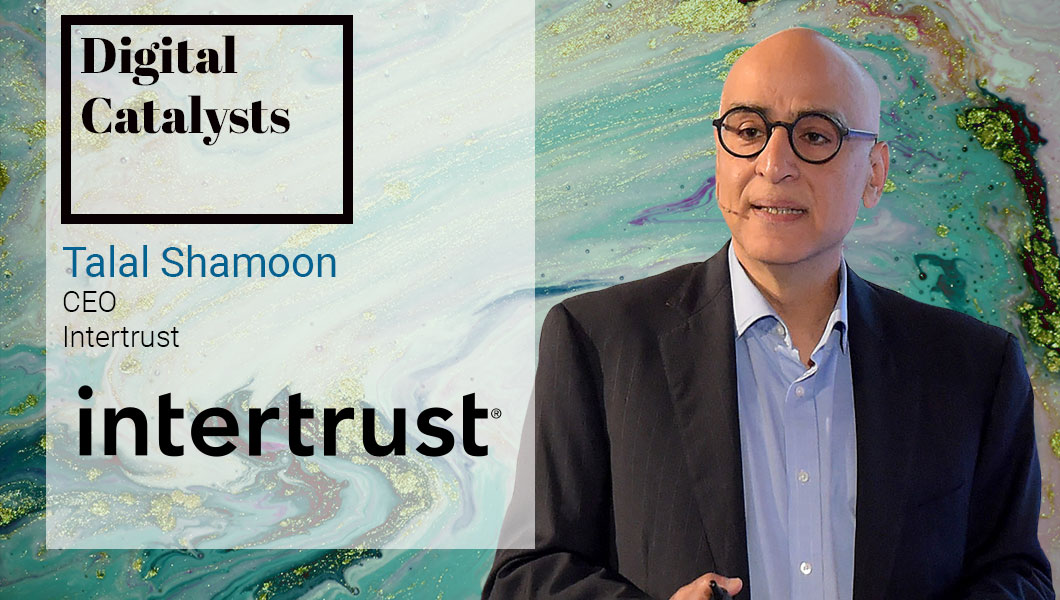Interview with Isabelle Mauro, Head Digital Communications at the World Economic Forum

In this interview, Isabelle Mauro, Head of Digital Communications & Telecommunications Industry at the World Economic Forum, shares more about the role of the World Economic Forum in enabling the telecoms industry to maximize their role in global digitization, and the opportunities that lie ahead for operators
Hi Isabelle, tell us a bit more about yourself
I have been working in Telecoms for the last 17 years. At the GSMA, I managed the delivery of industry programmes and lead global and regional advocacy campaigns to help shape the mobile agenda, both in the private and public sector. At the World Economic Forum I am now responsible for leading the agenda of the Digital Communications industries within the Technology, Media and Digital Community of the Forum. As part of my role I manage the portfolio for the telecoms community, as well as the delivery of the industry’s initiatives and help leverage the crucial role that the Telecoms industry plays for the digitalization of the broader ecosystem.
The idea of digital transformation seems to vary across different industries and stakeholders. What would be your (or WEF’s) definition of the term “digital transformation”
The Digital Transformation is the transformation driven by new technologies, which are redefining customer expectations, enabling businesses to meet these new expectations, and changing the way people live and work. This transformation has immense potential to change consumer lives, create value for business and unlock broader societal benefits.
We see that the combined effects of technologies are accelerating this change and we identify 7 key technologies that are expected to have the most impact among the industries we analysed. These are: artificial intelligence, autonomous vehicles, big data analytics and cloud, custom manufacturing and 3D printing, IoT and connected devices, robots and drones, social media and platforms.
What do you think is/are the key challenge(s) that telecom operators are facing when it comes to unlocking the value of digital transformation?
Telecoms operators are fundamental drivers of the digital transformation but the value from digitalization has so far eluded them. The increase in total mobile data traffic has grown 400 million times over the past 15 years but their share of industry profit pool is shrinking, in the current business model environment.
There is however an immense opportunity ahead. For example 40% of the global share of data that will be stored in the cloud in 2020 would require networks to access and share. Our analysis identified 4 key areas that Telecom operators should address in order to strengthen their position as a driver of digitalization: developing the networks of the future, going beyond connectivity (“the pipe”), redefining customer engagement and bridging the gap on innovation.
In one sentence, how would describe the role of telco’s today vs before?
New digital services are taking users beyond connectivity where B2C and B2B business models will need to be repositioned and Telcos will have to evolve towards a more cross-industry competitive and collaborative environment .
What do you think is one fundamental change that telcos today need to undergo in order to remain competitive and be more than a “dumb pipe”?
We actually see 4 key areas that Telcos will have to address to go beyond connectivity (the “dumb pipe”):
- enable the wider IoT value chain
- move towards consumer and enterprise digital services
- evolve towards platform business models (the battle of ecosystems)
- reimagine communication (AR and VR)
This interview originally appeared here.


 By
By 





